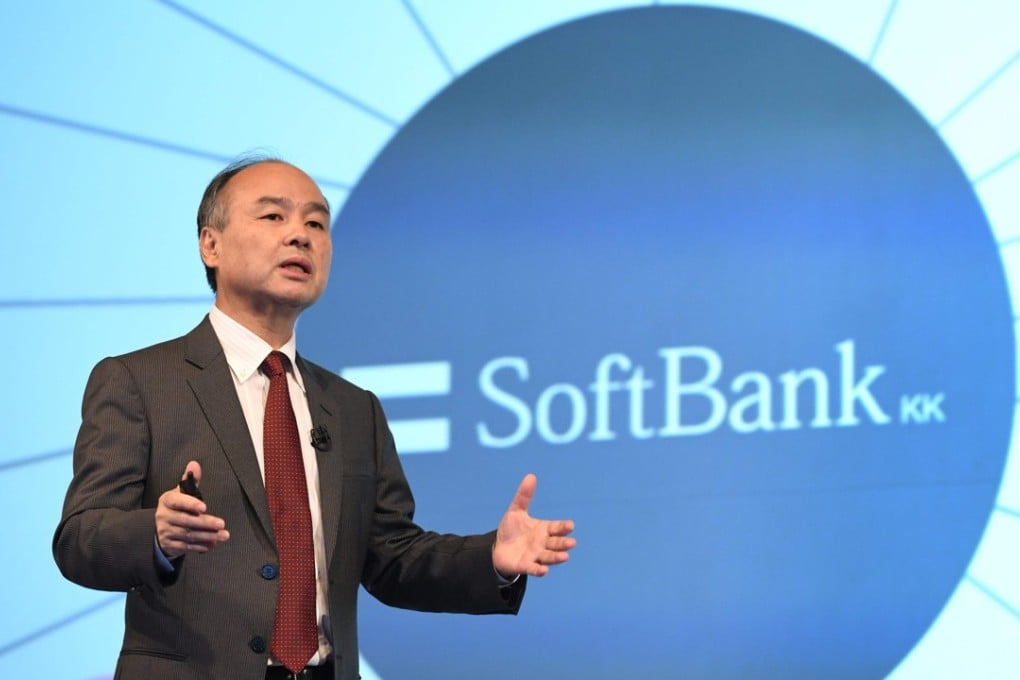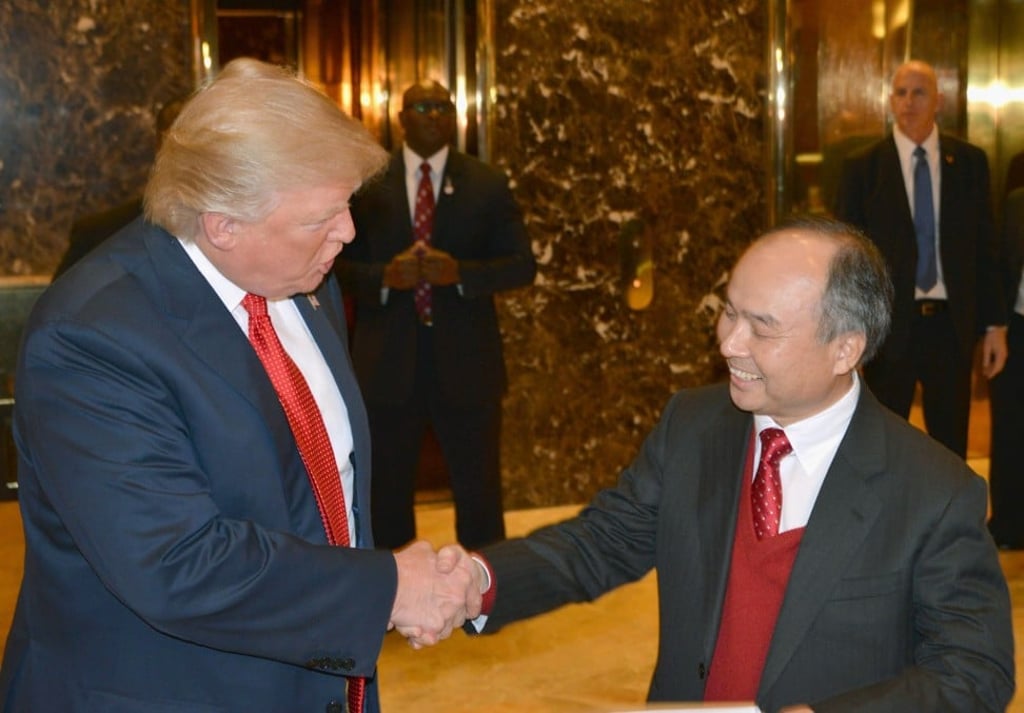Opinion | Asia’s US$200 billion man would be better placed to consider disruptions closer to home

For Silicon Valley, this has been a certifiably nutty month. Between Elon Musk’s bizarre musings, governments chiding Facebook and Google, Snapchat bleeding advertisers and White House schizophrenia on ZTE, innovators and investors alike are probably drinking less coffee and more California red.
But the biggest disruption of the last 30 days came from the East -– from Japan’s billion-dollar man. No one is upsetting the Silicon Valley apple cart more than SoftBank’s Masayoshi Son.
Over the last 16 months, Son’s Vision Fund ploughed into chip makers, robots, satellites, renewable energy, indoor farms and used his stakes in Uber, Didi Chuxing, Grab and Ola to commandeer the ride-sharing space.
But techdom hasn’t seen anything yet. May’s most impactful development was Son floating plans for a Vision Fund 2.0, with ambitions to amass another US$100 billion of firepower. Those US$200 billion are equivalent to Portugal’s gross domestic product, based on the World Bank’s data.
Depending on where you sit, this is either a brilliant development, or a disaster in the making. Those who fear the latter have watched with dismay as Son allegedly overpays for start-ups, positioning himself as a one-man bubble-blower. Those entertaining the former idea revel in the advancements to come from Son’s forays into nascent battery designs, and epic solar-panel fields.

Son’s street credibility as Japan’s Warren Buffett stems from his US$20 million bet on Jack Ma in 2000. By 2014, that Alibaba stake was worth US$50 billion.

